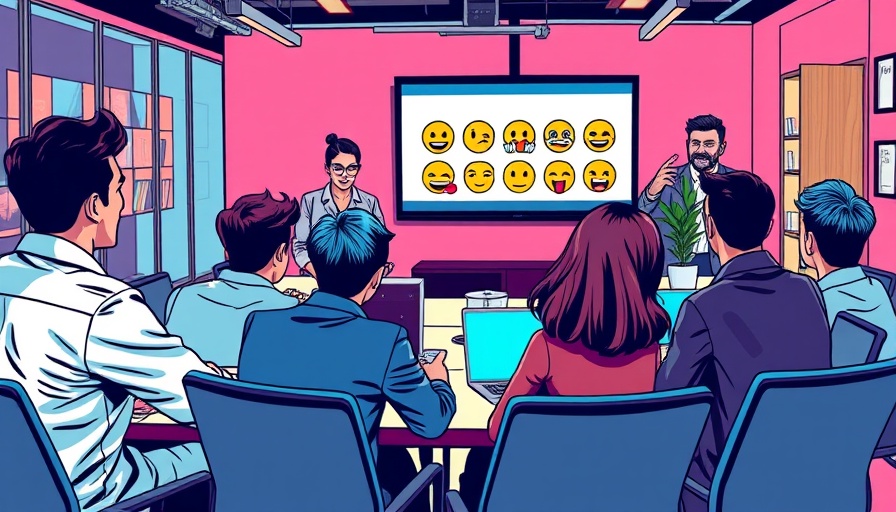
Understanding the Shift in Corporate Culture for Gen Z
As workplaces evolve, companies are not merely adjusting their hiring practices; they're reshaping their entire cultures to attract and retain Gen Z employees. This youngest cohort of workers, born between 1997 and 2012, is now making their mark on the corporate landscape. For instance, firms like Myntra and Swiggy are leading the charge in incorporating unique perks such as pet insurance, which resonates with the values and preferences of younger generations who prioritize work-life balance and personal well-being.
The Rise of Unique Perks: Pet Insurance and More
One notable trend is the increasing popularity of pet insurance and other unconventional employee benefits, which are not only attractive but also meaningful to younger employees. With many millennials and Gen Z workers naming their pets as family members, companies are taking cues from their preferences; despite traditional benefits being important, these new additions demonstrate a commitment to fostering a workplace culture that values personal interests.
For example, Myntra recently rolled out pet insurance in addition to its existing pet adoption leave policy, reflecting an understanding that today's workforce seeks employers who appreciate their lives beyond just work. “These perks help in reducing stress and improving employees' work-life balance, showing we genuinely care about their well-being,” explains Myntra's chief human resources officer, Govindraj MK.
Modern Communication Methods to Connect with Gen Z
In addition to perks, companies are adapting their communication styles to engage with this demographic effectively. Traditional corporate communication can feel stilted and impersonal, leading businesses to introduce a more casual and visually engaging approach. Utilizing tools like GIFs and pictorial messages has proven successful in connecting with Gen Z, making vital information more relatable.
The Impact on Corporate Hiring Strategies
This evolving culture is having a profound impact on hiring strategies as organizations seek to remain competitive. With Gen Z projected to make up a significant portion of the workforce soon, companies are focusing on inclusivity, upskilling opportunities, and flexible work policies. According to experts at Aon and Bajaj Allianz General Insurance, understanding Gen Z's characteristics—like their inclination towards meaningful work and flexible conditions—is crucial for retention.
By 2025, companies like Myntra predict that Gen Z will make up 50% of their workforce, prompting a need for HR strategies that resonate with their unique perspectives. With a focus on community-building and personal interests, organizations are actively creating cultures that celebrate their youngest employees.
Why This Matters for Pet Owners
For pet owners among this demographic, the initiatives being taken by companies can significantly impact their work-life harmony. By recognizing the importance of pets and integrating pet-focused benefits, companies foster a culture that values employees’ personal lives, thereby enhancing job satisfaction and retention.
In addition to financial benefits, such perks signify a shift towards more empathic corporate strategies. As these trends continue to expand, employee retention will hinge on a company's ability to create an inclusive and engaging work environment that aligns with the personal values of their workforce.
Conclusion: A Call for a Pet-Friendly Workplace Culture
Companies are reshaping traditional workplace policies to cater to the needs and preferences of the new generation, highlighting the importance of flexibility, empathy, and inclusivity. For pet owners, the integration of pet insurance and related benefits can create a more balanced work-life dynamic. As the business landscape continues to evolve, being aware of and advocating for these changes can make a significant difference in enhancing employee satisfaction and cultivating a sincere workplace culture.
 Add Row
Add Row  Add
Add 




 Add Row
Add Row  Add
Add 

Write A Comment